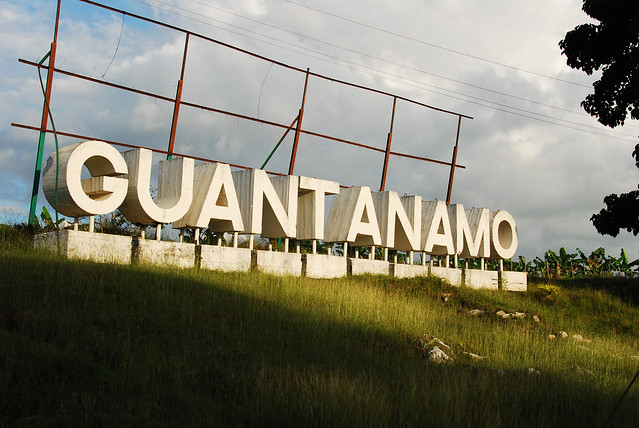Sassi and Benchellali v. France, Nos. 10917/15 and 10941/15, ECtHR (Fifth Section), 25 November 2021

The European Court of Human Rights ruled on a case concerning two applicants, France nationals, who had been criminally prosecuted and convicted in France, after being held at the Guantánamo Bay US naval base from January 2002 and repatriated in July 2004. The applicants alleged that France violated their right to a fair trial (art. 6 ECHR). They argued that they had been convicted by French courts relying upon statements made during their detention at Guantánamo Bay. There, the applicants had been visited three times by agents in the context of a French “tripartite mission” made up of a representative of the Ministry of Foreign Affairs, a representative of the External Security Agency and a representative of the intelligence unit of the Domestic Intelligence Agency. On their arrival in France, the applicants were arrested and held into police custody, then they were trialled and convicted for terrorism-related offences.
The European Court of Human Rights held that there had been no violations of the applicants’ due process rights. The Court found that the criminal proceedings, as carried out in France, had been fair overall.
First, confirming what had already been stated by the French court, the European Court of Human Rights noted that the “tripartite missions” to Guantánamo Bay had a merely administrative nature, without any link with parallel criminal proceedings in France.
Second, the Court held that, in France, the applicants had been interviewed several times and in detail while in police custody. There was no evidence that police officers were aware of the applicants’ statements collected at Guantánamo Bay by intelligence agents. Moreover, the applicants had been interrogated also by the judges of the proceedings, assisted by their lawyers and with the possibility to present arguments, submit requests, and resort to all the remedies available under French law.
Third, the Court observed that, anyway, the statements made by the applicants at Guantánamo Bay had been declassified and admitted in evidence, so that they could be open to debate between the parties to the criminal proceedings in France.
Lastly, the Court noted that French courts, to convict the applicants, had relied on information gathered from other sources than at Guantánamo Bay.
(Comment by Chiara Graziani)

